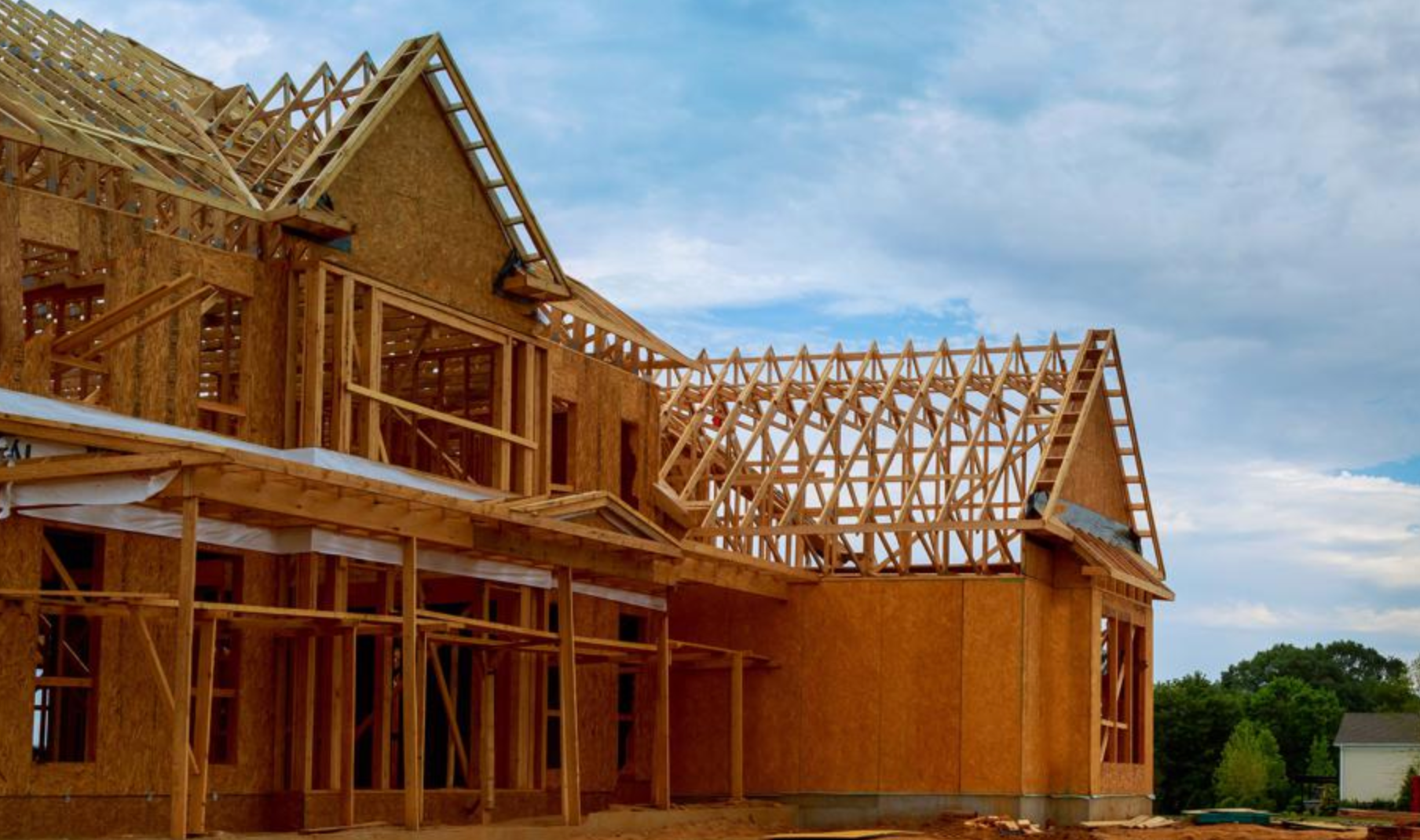What is a 1-2-10 Warranty?
1-Year Workmanship Warranty: The builder covers most defects for 1 year. As long as you didn’t cause it to break, the builder will fix it.
2-Year Systems Warranty: HVAC, plumbing, electrical, and other major systems are covered for 2 years.
10-Year Structural Warranty: The foundation, walls, and any other structural components are covered for 10 years.
 Who covers the warranty?
Who covers the warranty?
In Austin, it has been standard practice for the homebuilder to personally warranty the property. Most builders do not provide a third-party warranty.
Potential concerns with a personal warranty from local builders:
Single-use entities or other corporate entities: If the builder sells the property through a single-use corporation like “1234 Main St LLC”, the corporation warrants the property. Most of these corporations are abandoned or shut down after the property has been sold.
Reputable builders will often use these entities and still honor the warranty, but this causes legal issues if problems come up. It’s worth noting that the legal system typically favors the buyer/homeowner, but a great goal is to never have to engage attorneys.
Builder Solvency & Continued Operation: When a builder provides a personal warranty, that warranty relies on their ability to stay in business and continue to operate in the Austin area. If they go out of business or quit building in Austin, there’s a high likelihood they won’t back up their personal warranty.
Do things break often and what usually happens?
It’s relatively common for homeowners to call in a claim during the first year. Humans build houses and humans are imperfect. Most of the time, the builder is still in business and happy to fix 1-year workmanship claims. Generally, the builder will have a “finish trade” on call who can take care of most things.
It’s not uncommon for systems to malfunction within the 2-year systems warranty period. Most of the time, the builder is still in business and will take care of the claim. Almost always, the systems are still under warranty with the trade who performed the work and that trade is who fixes the problem. If the A/C breaks, the HVAC trade who installed the system comes out and fixes it, for example.
Structural problems are not common in modern homes. A lot goes into engineering the foundation and modern foundations are well designed. However, if there is a problem with a structural component, it can be very expensive and it’s often contentious with the builder, especially if it’s many years after the sale.
What can we do?
Get a copy of paid invoices for the major systems: The builder should have easy access to the paid invoices for the major systems they’ve installed. We can ask for this list so that we can call these vendors directly if we can’t get a hold of the builder within the 2-year window and something breaks. The added benefit is that you know all of these invoices have been paid.
Get a third-party 1-2-10 warranty: Third-party companies do warranty new construction homes but they have to be purchased by the builder before closing. The “all in one” 1-2-10 warranties are the most expensive option with the most extensive coverage. It’s worth noting that dealing with a warranty company within the 1 and 2 year windows is usually much less pleasant than dealing with your builder or their trades.
Get a third-party structural warranty: If you trust the builder’s personal warranty for years 1 and 2, but you’re concerned about the 10-year structural warranty, you can ask for a third-party structural warranty. This also must be purchased by the builder before closing.
What about “big builders”?
Most production builders like Lennar, Taylor Morrison, etc. have and will provide personal warranties. It’s very unlikely that these corporations will go out of business, though it is a possibility. However, it’s extremely difficult to ask a production builder to change their own policies or processes. Generally, you have to decide if you’re comfortable with these corporations’ personal warranties or not; It’s unlikely we can get a vendor list or third-party warranty from them.
It’s important to remember that most builders take a lot of pride in their work and their reputation.
Sometimes, a builder can interpret “We’d like a third-party warranty” as “We don’t trust your personal warranty”. It’s important that we address any concern you have tactfully. Don’t worry, though, we have lots of experience doing so!
Lastly: 10-year structural? It looks like 6 years now.
Texas HB 2024 shortens the period during which a builder is liable for structural defects to 6 years (from 10) in many circumstances. Most third-party warranty companies are still providing 10-year warranties, but this may change.
Resources:
1-2-10 – https://www.strucsure.com/builders/our-builder-warranties/1-2-10-warranty/
1-2-10 – https://www.americanebuilder.com/
2-10 – https://www.2-10.com/
Structural only — https://www.rwcwarranty.com/
